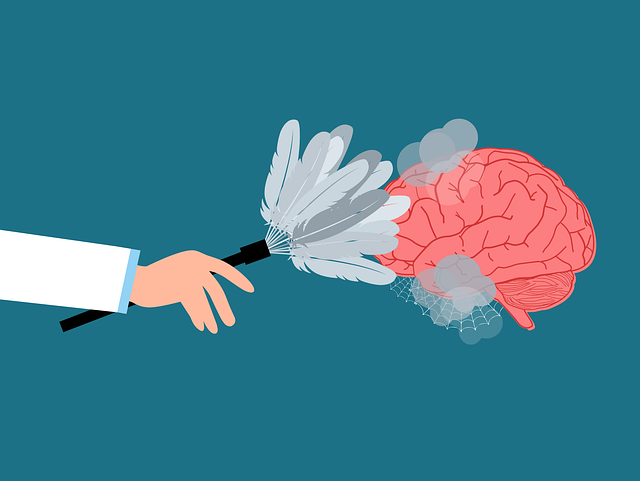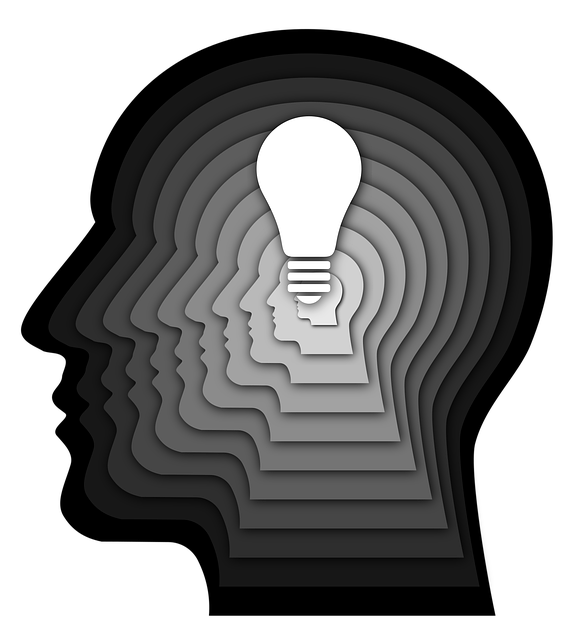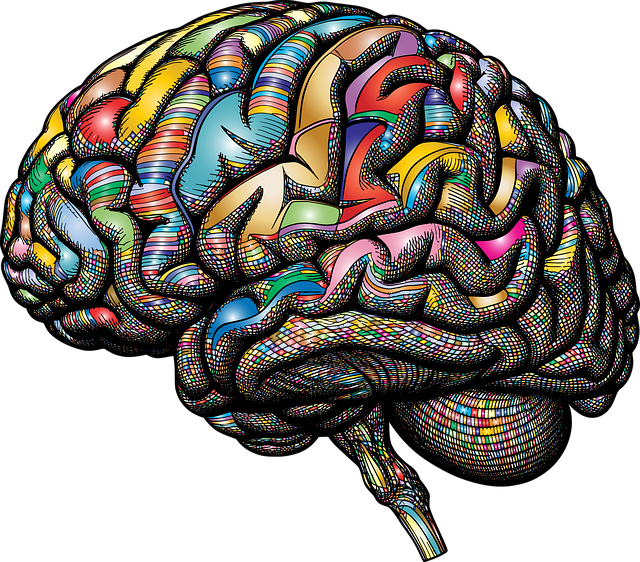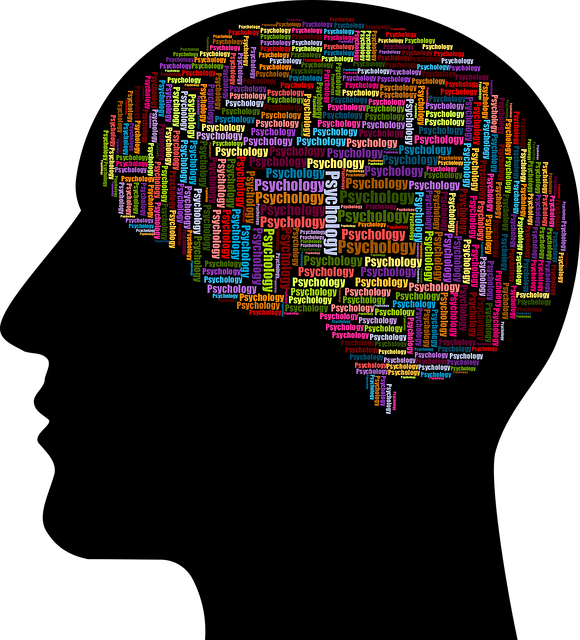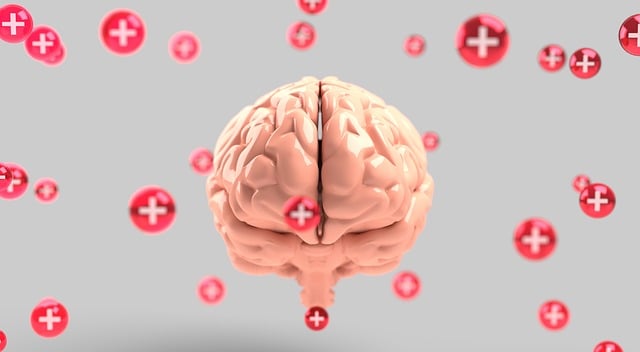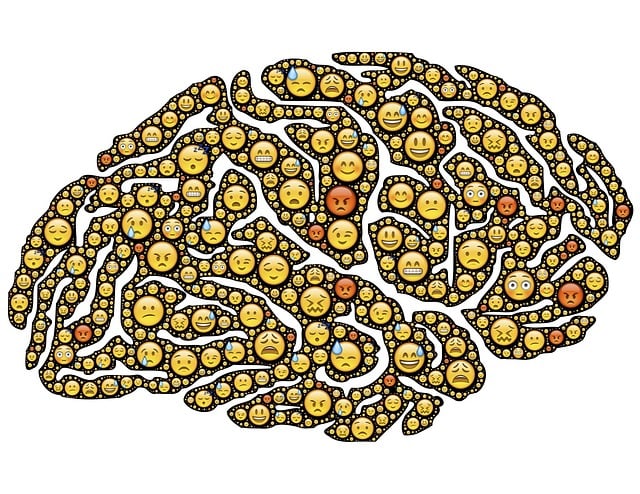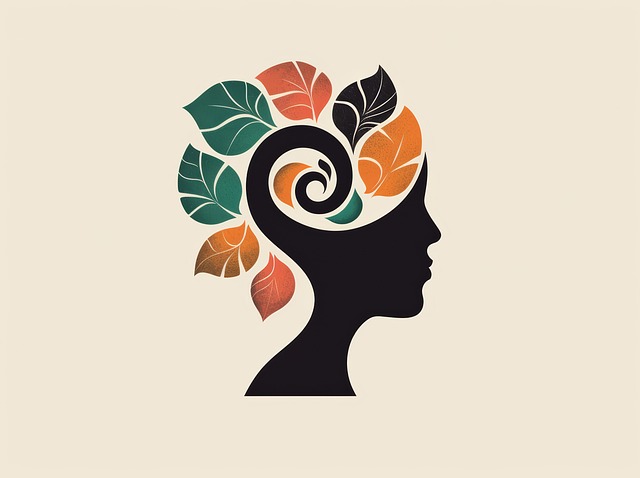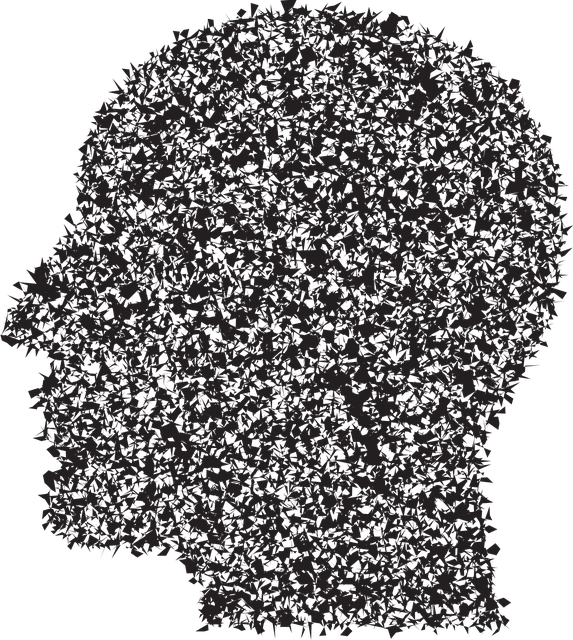Therapeutic facilitators in settings like Centennial Dialectical Behavioral Therapy (CDBT) create safe spaces for mental wellness discussions, leveraging group dynamics and DBT principles. They establish ground rules, foster open communication, and promote skill-building through active participation to enhance community bonds. Centering on emotional regulation, DBT provides a framework for effective group facilitation, encouraging self-care routines and distress tolerance skills. Facilitators using Cognitive Behavioral Strategies (CBS) empower participants to challenge negative thoughts and develop healthier coping mechanisms. A supportive environment promotes honest communication, builds trust, and enhances therapeutic outcomes. Success measurement through diverse evaluation methods ensures tailored approaches and positive mental health promotion.
“Unleash the power of collective healing with effective mental wellness group facilitation techniques. In this comprehensive guide, we explore strategies that transform isolated struggles into supportive communities. From understanding intricate group dynamics to implementing evidence-based practices like Centennial Dialectical Behavioral Therapy (DBT), facilitators equip themselves to nurture emotional regulation and skill-building. Learn how to create safe spaces, foster connections, and measure the impact of programs, ensuring every individual receives the support they need for lasting mental wellness.”
- Understanding Group Dynamics for Effective Facilitation
- Centering on Emotional Regulation: DBT's Role in Mental Wellness Groups
- Building Skills: Cognitive Behavioral Strategies for Group Facilitators
- Fostering Safe Spaces: Creating a Supportive Environment in Therapy Groups
- Measuring Success: Evaluation Techniques for Mental Wellness Programs
Understanding Group Dynamics for Effective Facilitation

Understanding group dynamics is paramount for facilitators aiming to create a safe and supportive environment for mental wellness discussions. In a therapeutic setting, such as Centennial Dialectical Behavioral Therapy (DBT), the facilitator plays a crucial role in guiding participants through their emotions and experiences. Effective facilitation involves recognizing and navigating various group stages, from formation to dissolution. Each stage presents unique challenges and opportunities, requiring facilitators to adapt their approach. For instance, establishing ground rules early on fosters an atmosphere of mutual respect and understanding, which is essential for open communication.
Group therapy also offers a unique platform for skill-building, particularly in coping skills development and stress reduction methods. Through interactive discussions and exercises, participants learn valuable techniques to manage their mental health. Facilitators should encourage active participation, ensuring every voice is heard while fostering a sense of community. By promoting peer support and shared experiences, the group can become a powerful tool for enhancing public awareness campaigns development around mental wellness, ultimately benefiting individual growth and collective resilience.
Centering on Emotional Regulation: DBT's Role in Mental Wellness Groups

Centering on Emotional Regulation is a key aspect of group facilitation, and Dialectical Behavioral Therapy (DBT) offers valuable tools for achieving this in mental wellness groups. DBT, developed by Dr. Marsha Linehan, emphasizes the importance of emotional regulation skills as a foundation for improving overall mental health. By integrating Centering techniques, facilitators can create a safe and supportive environment where group members learn to identify, understand, and manage their emotions effectively.
This therapeutic approach encourages individuals to develop a consistent Self-Care Routine for Better Mental Health, incorporating practices like Mindfulness Meditation to enhance awareness and promote emotional balance. Communication Strategies play a vital role in this process, enabling group participants to express their feelings openly while fostering empathy and understanding among peers. Through these DBT-informed techniques, mental wellness groups can become powerful spaces for personal growth, healing, and transformation.
Building Skills: Cognitive Behavioral Strategies for Group Facilitators

Group facilitators play a pivotal role in fostering mental wellness within communities, and equipping them with effective skills is essential. Cognitive Behavioral Strategies (CBS), rooted in evidence-based practices like Centennial Dialectical Behavioral Therapy (DBT), offer powerful tools for group sessions. These techniques help participants identify and challenge negative thought patterns, replacing them with healthier alternatives. By teaching skills such as mindfulness, distress tolerance, emotional regulation, and interpersonal effectiveness, facilitators enable individuals to navigate life’s challenges more adaptively.
Integrating CBS into group facilitation benefits both the facilitators and participants. It enhances their ability to support each other through emotional healing processes, fostering a sense of belonging within the group. Moreover, this approach facilitates the Community Outreach Program Implementation by providing members with practical tools for self-care routine development, ultimately contributing to better mental health outcomes on a community level.
Fostering Safe Spaces: Creating a Supportive Environment in Therapy Groups

Creating a safe and supportive environment is paramount for effective mental wellness group facilitation, especially in therapeutic settings like Centennial Dialectical Behavioral Therapy (DBT). This involves establishing ground rules that emphasize respect, confidentiality, and active listening. By fostering an atmosphere where participants feel seen, heard, and judged, facilitators encourage honest communication and emotional expression. This safety net is crucial for individuals dealing with various mental health challenges, allowing them to build trust and engage in meaningful discussions.
In the context of DBT therapy, group leaders play a pivotal role in promoting Mental Health Awareness and advocating for policies that support Depression Prevention initiatives. They facilitate open dialogues, ensuring every member’s perspective is valued. This supportive landscape not only enhances the therapeutic experience but also empowers individuals to navigate their mental health journeys with resilience and understanding, ultimately contributing to improved outcomes.
Measuring Success: Evaluation Techniques for Mental Wellness Programs

Measuring success is an integral aspect of any mental wellness program, ensuring that facilitators can assess the effectiveness of their group sessions and tailor their approach accordingly. Evaluation techniques play a pivotal role in understanding the progress and impact on participants’ lives. One evidence-based method, particularly relevant to our discussion on mental wellness facilitation, is the Centennial Dialectical Behavioral Therapy (CDBT). CDBT emphasizes the importance of self-care routine development for better mental health, making it a powerful tool for facilitators to gauge success.
Facilitators can employ various methods, such as pre and post-program surveys, participant interviews, and qualitative data analysis, to evaluate the program’s outcomes. These techniques allow them to gain insights into individuals’ emotional well-being promotion techniques, identify challenges faced during the process, and make necessary adjustments. By combining quantitative and qualitative assessments, facilitators can comprehensively measure success, ensuring that their programs align with participants’ needs and promote positive mental wellness.
Mental wellness group facilitation is a multifaceted approach that leverages techniques from Centennial Dialectical Behavioral Therapy (DBT) and other evidence-based strategies. By understanding group dynamics, focusing on emotional regulation, building cognitive behavioral skills, fostering safe spaces, and employing effective evaluation methods, facilitators can create supportive environments that enhance mental health outcomes. This comprehensive approach ensures that participants not only gain valuable tools but also experience a sense of belonging and empowerment, ultimately transforming their lives in profound ways.
